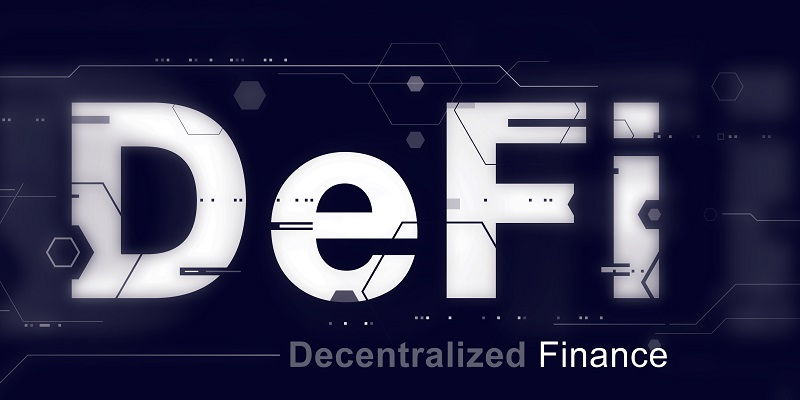The partnership between Unizen and Meson represents an exciting new development in the world of decentralized finance (DeFi). With the objective of enhancing the overall DeFi experience for users, these two innovative platforms have joined forces to increase accessibility and improve the quality of services within the DeFi ecosystem.
Collaboration Benefits
Unizen brings its expertise in DEX aggregation and trading efficiency to the table, while Meson offers its proficiency in cross-chain stablecoin swaps. This collaboration aims to combine the strengths of both platforms to provide users with an unparalleled DeFi experience.
Integration Benefits
The integration of Meson’s API with Unizen offers distinct advantages in the DeFi sector. Users can expect fast transactions, universal bridging capabilities, robust security measures, and low fees. By integrating Meson’s powerful API into its platform, Unizen empowers Meson users with the ability to access the full capabilities of Unizen’s trading engine.
Superior Performance
Unizen’s Trade Engine consistently outperforms other leading DEX aggregation solutions in terms of performance. With its exceptional trading efficiency, Unizen provides users with a seamless trading experience that surpasses industry standards.
Reselling Unizen API
Meson has become the first major enterprise to resell Unizen’s web3 API, marking a significant step forward in digital finance service provision. By broadening the scope of services available to API integrators, Meson sets a new standard, opening up new possibilities for collaboration and innovation in the DeFi space.
Blockchain Interoperability and DeFi Accessibility
The continued integration of Meson and Unizen’s APIs holds immense potential for improving blockchain interoperability and expanding DeFi accessibility. As these platforms work together to streamline processes and share resources, more users will be able to participate in the DeFi ecosystem, ultimately driving growth and innovation.
Boosting Trade Volume and User Base
The integration with Meson is expected to have a considerable impact on trade volume within Unizen’s trading engine. This surge in activity will attract new users to Unizen, leading to an increase in its user base and community engagement. As the platform expands, it will foster a thriving community of DeFi enthusiasts and stakeholders.
Strengthening Token Burn Mechanism
Integrating with Meson is likely to strengthen Unizen’s token burn mechanism, which offers tangible benefits to the Unizen community and token holders. The increased trade volume brought about by Meson integration will contribute to a more efficient token burn process, ultimately enhancing the value proposition for Unizen token holders.
Potential Future Partnerships
This partnership between Unizen and Meson positions both platforms for potential future collaborations and increased user engagement. By combining their respective strengths and resources, the two platforms can explore new opportunities and drive further innovation in the DeFi space.
The collaboration between Unizen and Meson represents a significant step towards revolutionizing the DeFi landscape. By leveraging their expertise and integrating their APIs, these platforms aim to enhance accessibility, improve the quality of services, and create a thriving DeFi ecosystem. With superior performance, enhanced interoperability, and a strengthened token burn mechanism, Unizen and Meson are poised to shape the future of decentralized finance. The potential for future partnerships and increased user engagement further solidifies their position as pioneers in the industry. As the DeFi space continues to evolve, the Unizen and Meson collaboration will undoubtedly play a crucial role in shaping its trajectory.

